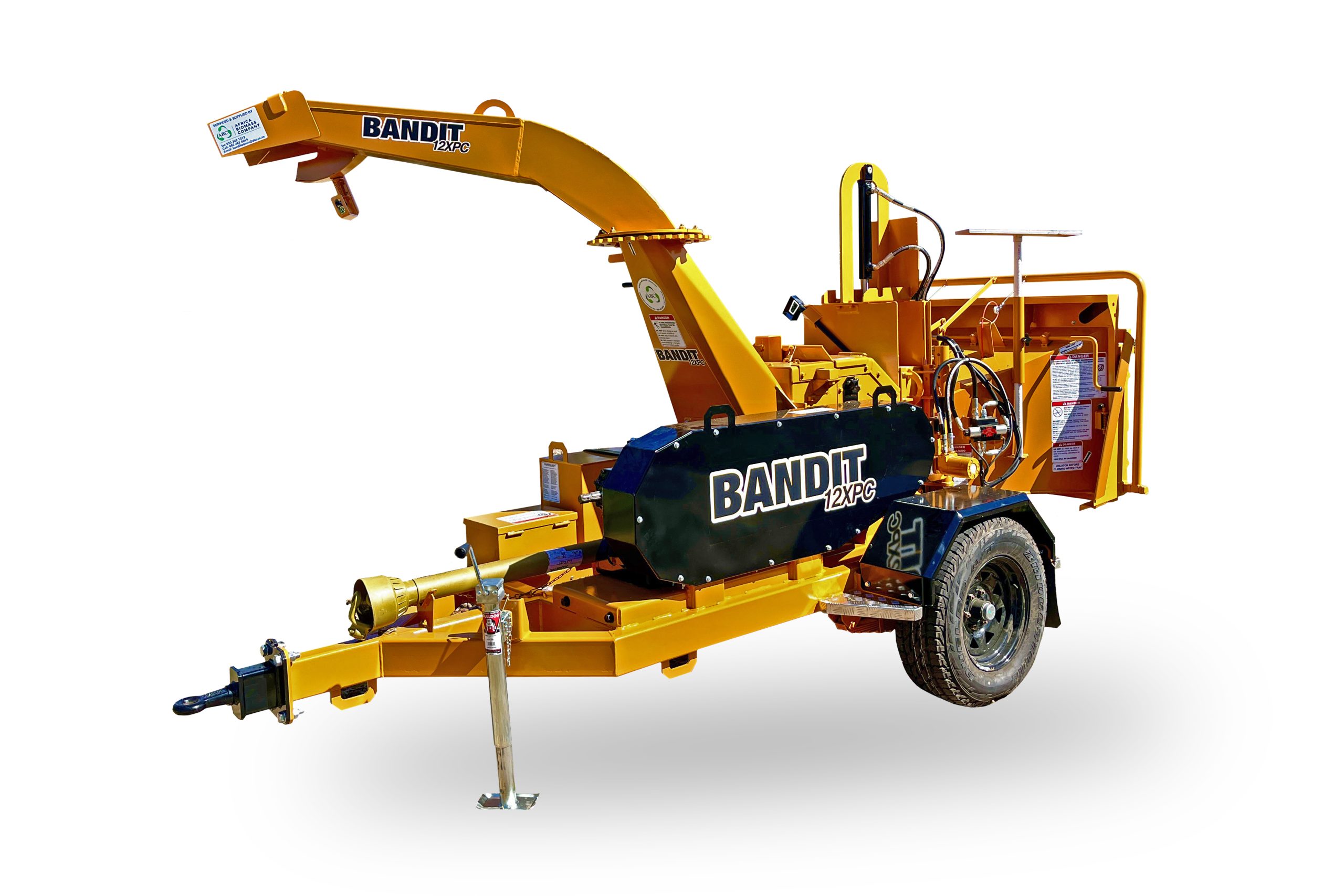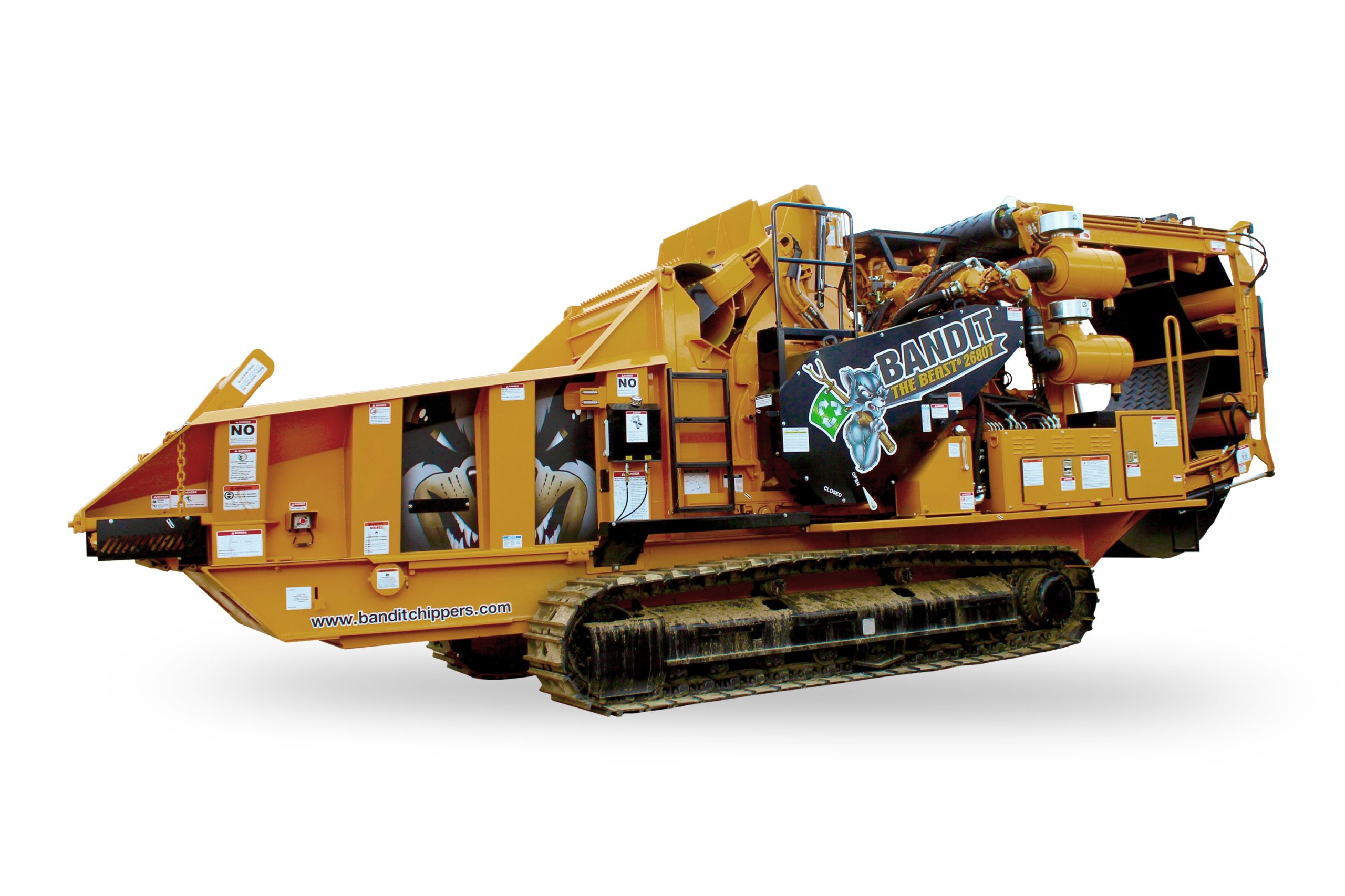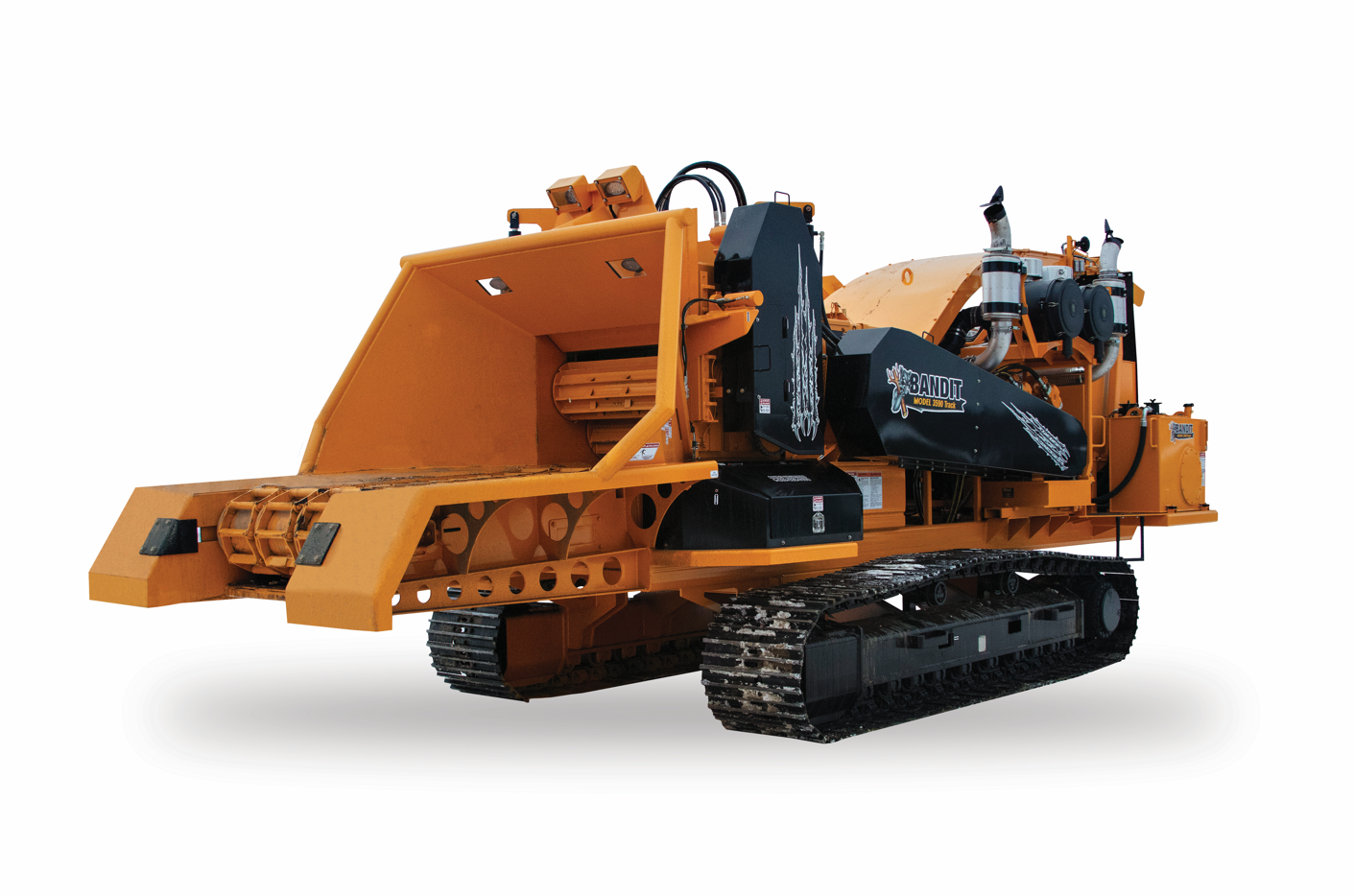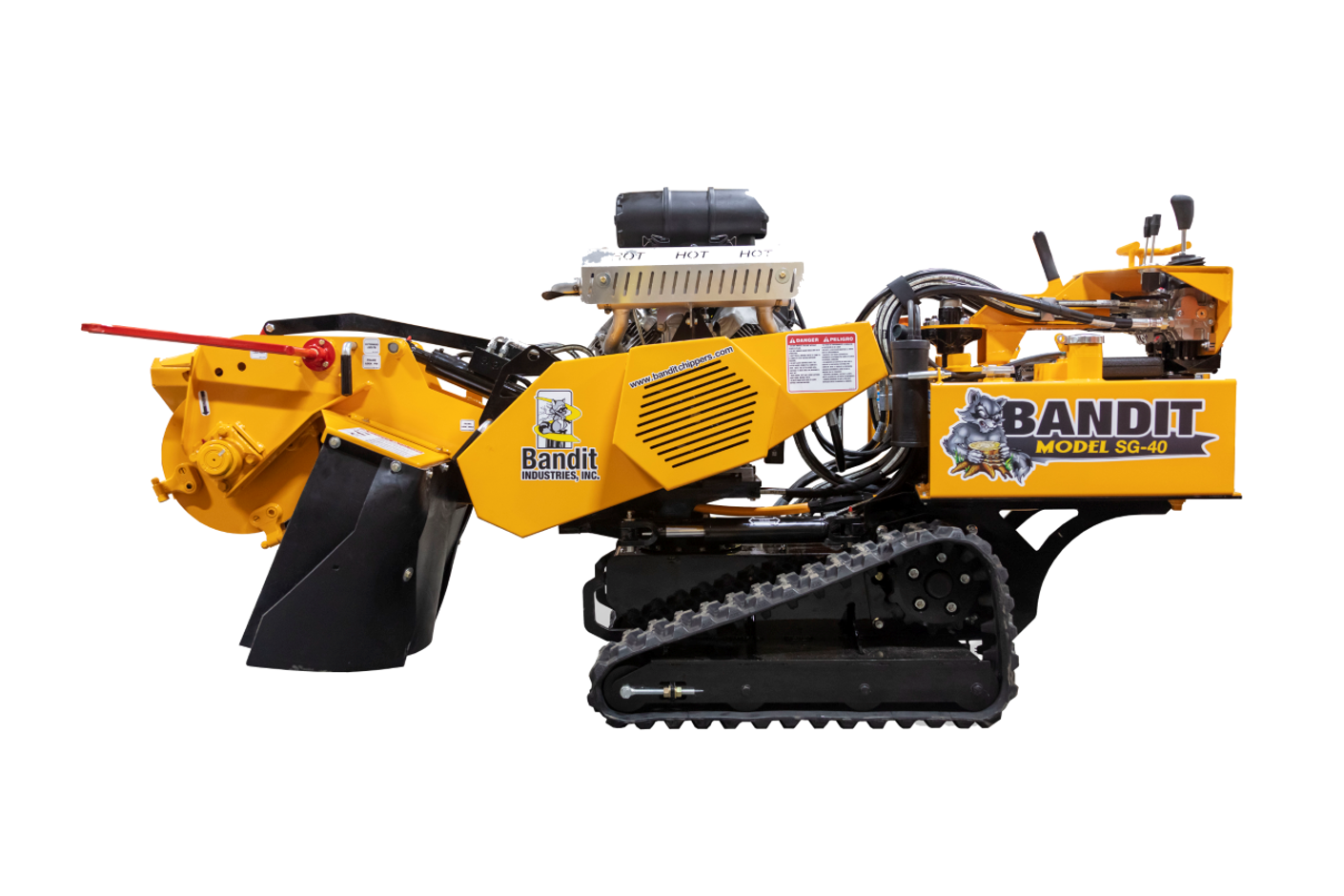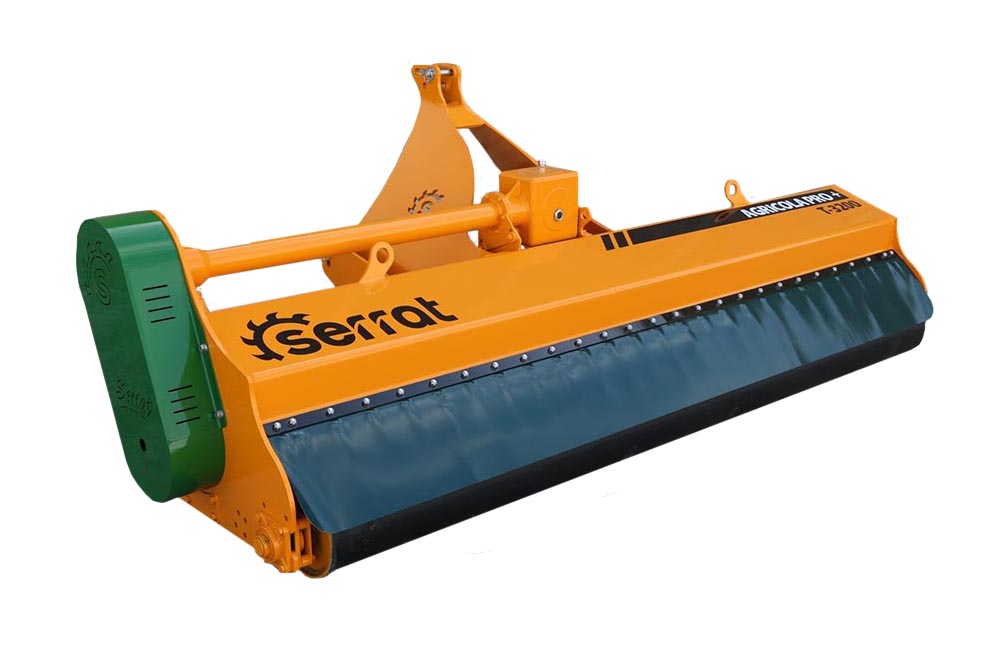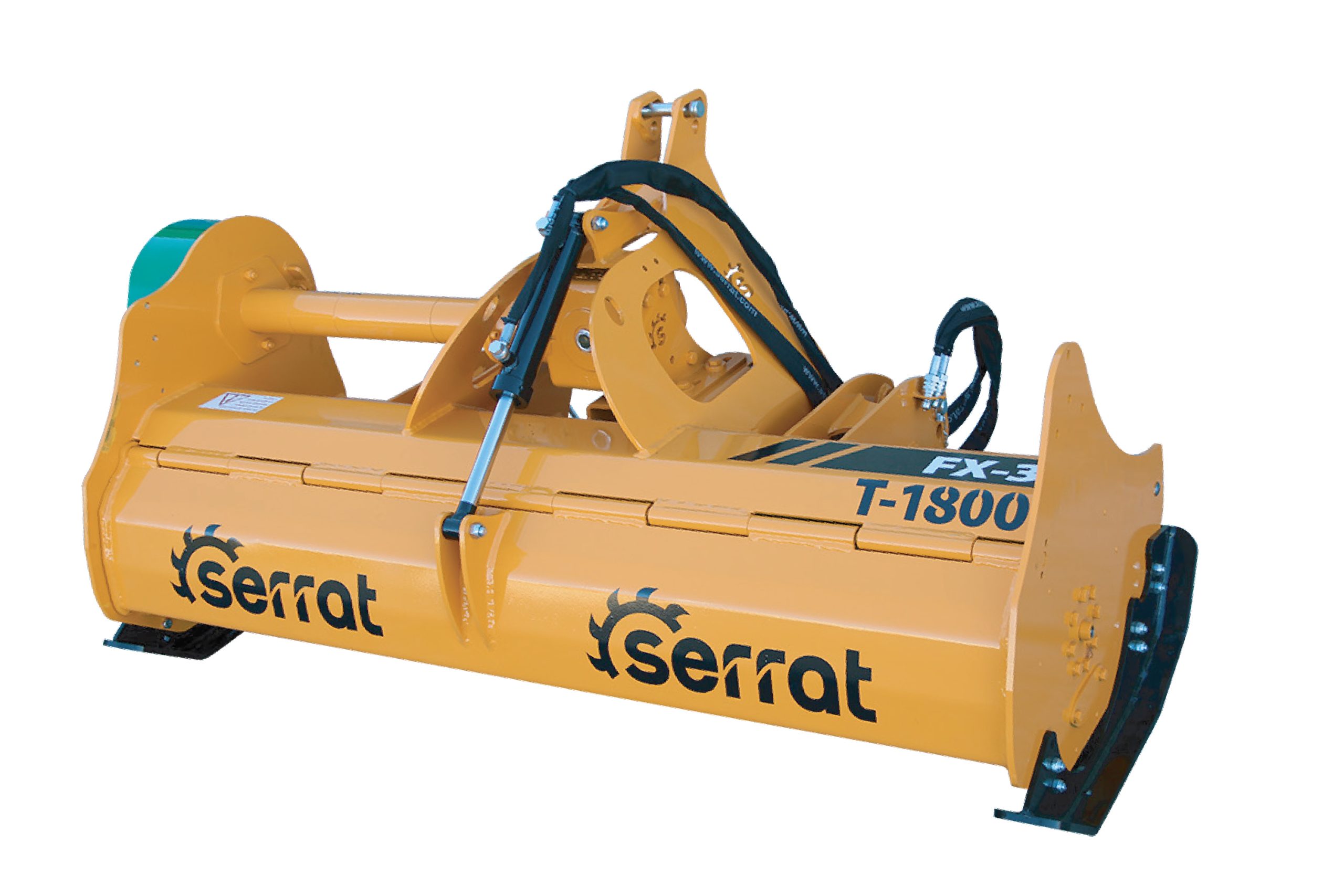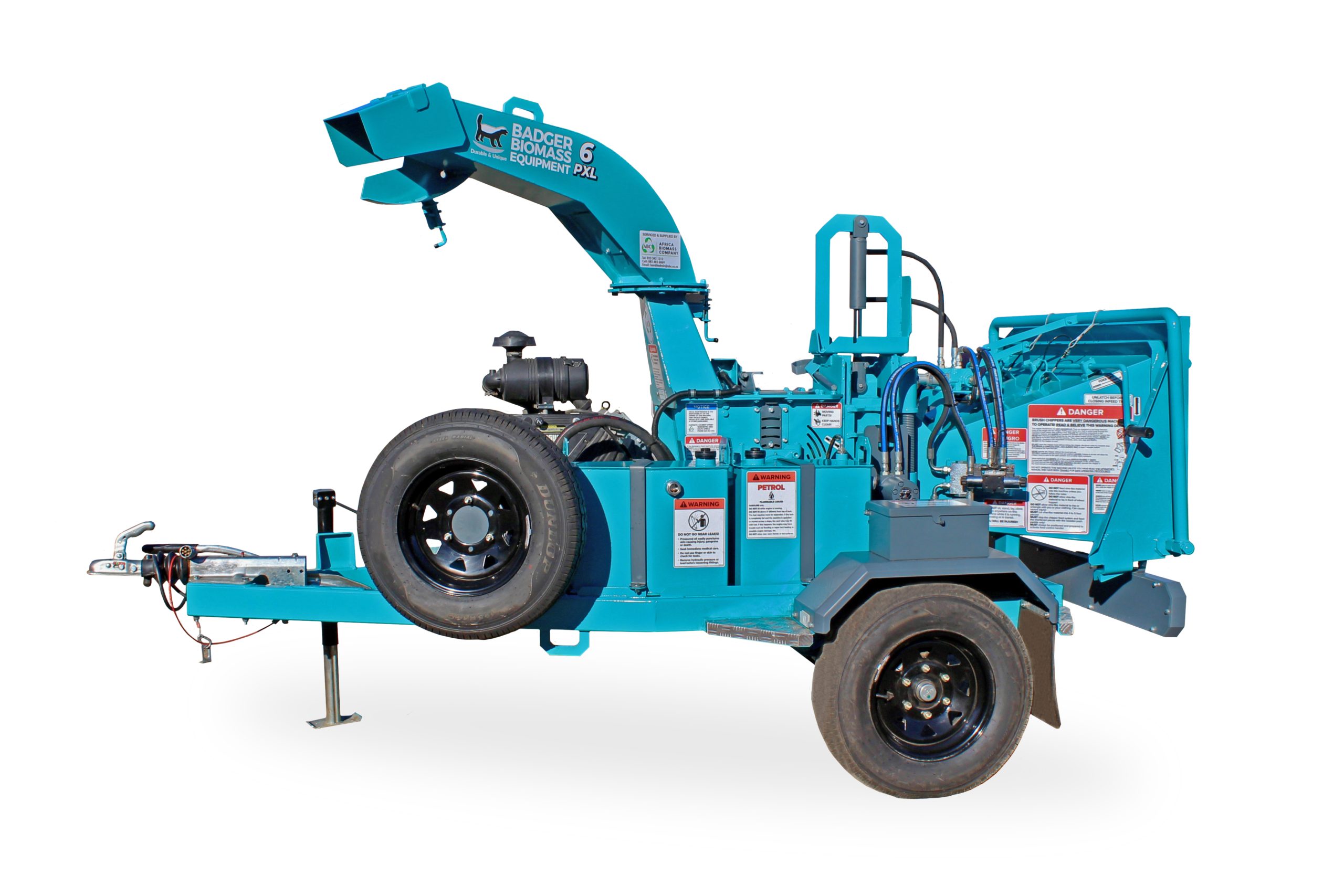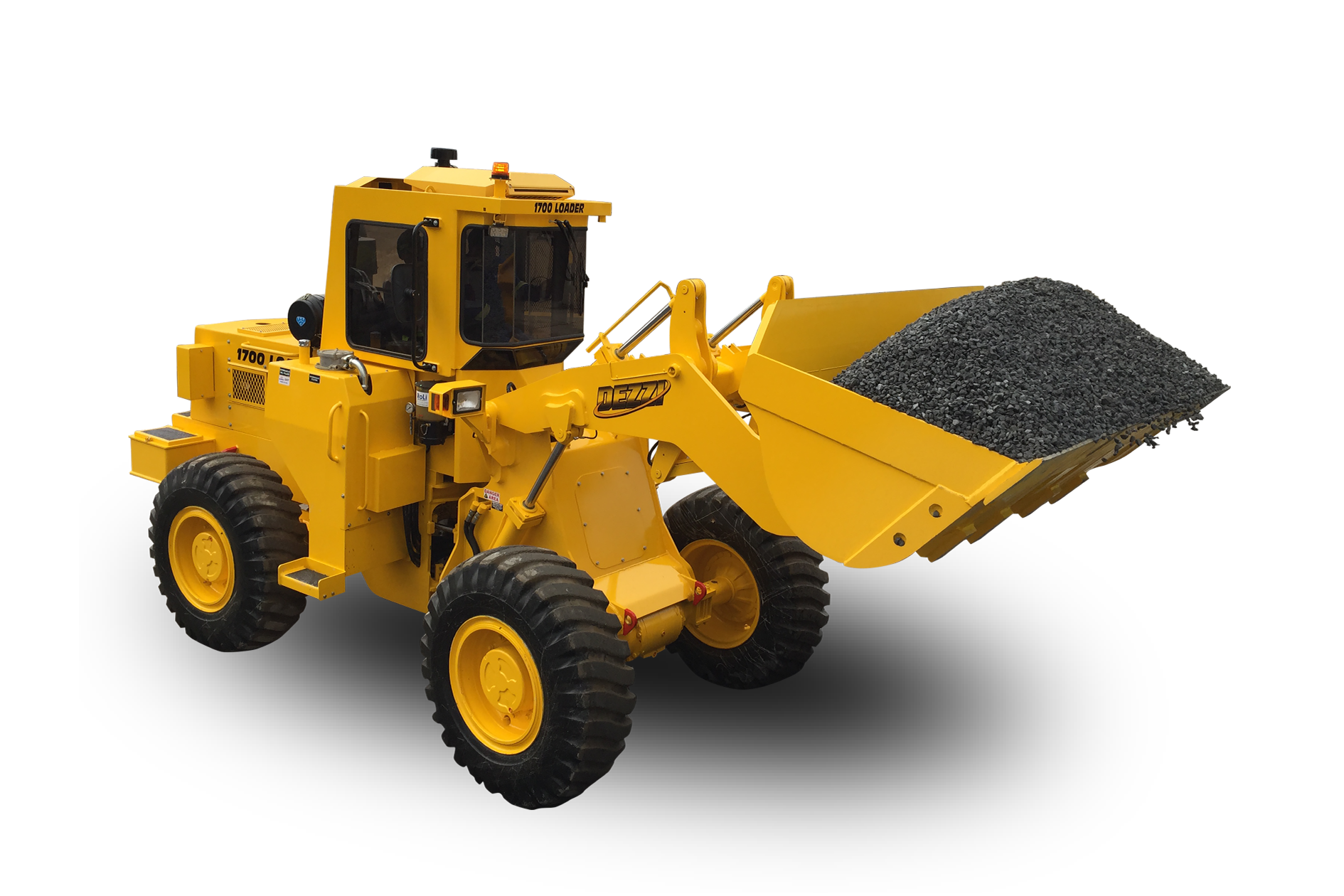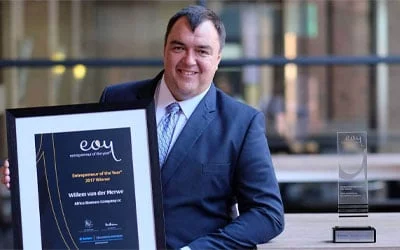On 26 September 2017 Willem van der Merwe was interviewed by RSG radio journalist Ryk van Niekerk, during a broadcast of the program “Doen Jou Eie Ding” (Do Your Own Thing).
The following is a transcript of the interview:
Good morning and welcome to “Doen Jou Eie Ding”. My name is Ryk van Niekerk and today I once again talk to interesting and successful entrepreneurs about their ventures and the guidelines they followed on the road to success. Hopefully we can inspire someone somewhere to start his/her own enterprise.
Today I am talking to two very special entrepreneurs. Both of them have won the much sought after Entrepreneur of the Year Award in the Ernst & Young and Business Partners Entrepreneur of the Year Competition. It is really a very prestigious competition.
In a while I will talk to Johan Eksteen of Agricon, a business based in Bloemfontein. He was the award winner in 2016 and it is really an amazing and inspiring success story.
Johan manufactures special machines which process agricultural products like fodder and rooibos tea into pellets. He and his brother started the business in 1993 and today they do business in 27 countries around the world. This is such a good story.
But before we get to Johan, I am going to talk to Willem van der Merwe of Africa Biomass Company.
It is a business based in Worcester and is mainly active in the biomass processing industry. About a week ago, Willem was selected as winner of the 2017 Entrepreneur of the Year Competition.
We have Willem on the line now. Willem, welcome to “Doen Jou Eie Ding.” Congratulations on winning this award.
Thank you very much.
Before we come to the award, let us first talk about Africa Biomass Company. When did you start with it, and what do you exactly do?
We started in 2004 as a high-risk tree-felling company, on a very small scale. Right from the start, wherever we worked, getting rid of waste material presented us with a challenge. Eventually this challenge led to the development of a niche market, and by adding value to waste-biomass it became our mainstream business.
How did you start? Were you just somebody who advertised and said, “I’ll come and remove that tree in your backyard?”
That’s correct. We really started on a small scale. I had three employees, a small truck and a few chainsaws and we took on all the jobs other people didn’t feel like doing or found too daunting.
Nowadays you run a very big business, the only one in South Africa, I’m told, and you clear orchards in large areas. How did the business grow so quickly?
There are various reasons for this. We did the right thing at the right time. There was a ready market for the type of services that we render, so the opportunity for growth was a natural development in our industry. I have an wonderful strategic partner and mentor who has really helped me so much. He also helped us with financing when the business expanded faster than expected. There was a gap in the market for a specialised service which nobody else offered at that stage.
But how did it come to your attention? Or rather, what exactly do you do currently? What is your present mainstream and who are your major clients?
If I have to summarise our business in one sentence today, I would say that we render a service in which we specialise in adding value to waste-wood. Waste-wood can be defined as wood that cannot be utilised for any conventional application, eg. for furniture, fencing, construction or anything else that it is usually used for.
Say for instance I am a farmer and I have an old orchard with trees that don’t bear sufficiently anymore. Could I phone you and say, “Willem, come and remove these trees” and then you come and do that and chip them and sell these wood chips as biomass?
Yes, that is very close to it. All the farmers in the fruit and wine industries know that their orchards or vineyards have to be replaced on a regular basis. Fruit cultivars do not have an indefinite lifetime. At a certain point they loose their popularity or reach the end of their physiological lifespan and have to be replaced. Previously, all this stuff was just bulldozed into piles and set alight. Nobody realized that this biomass had any value, or maybe no practical solution existed to develop the potential. We specialise in going to a client and rendering an absolutely independent service by entering his terrain and firstly remove the biomass from the soil. Secondly we process it into a useful substance, as specified by the client. Thirdly we do on-row-spreading in the newly established orchards, should the client request it. If he does not want to use the biomass, we sell it to somebody else in the vicinity.
How do you remove those trees?
We mostly use large excavators.
So you remove the tree and then you process it. You cut it up into much smaller pieces and sometimes you chip it?
Yes. Our core business consists of operating a fleet of huge wood chippers. We are not keen on working with wood that has not been processed by our own machines. All wood that we remove after clearing orchards, rehabilitating rivers or cleaning up sawmills go through our own series of wood chippers, after which we supply the processed product to a client.
These woodchips, what can it be utilised for?
It is an excellent source of ‘green’ alternative energy, although in South Africa that industry is still in its infancy. For a farmer, on his land, it is one of the best, as well as the most affordable, sources of carbon which he can put back into his young orchards or vineyards. In South Africa, this product is mostly applied as a layer of mulch, which is known for its excellent water saving characteristics.
Thus the farmer can use it again, as he prefers. When you have planted new trees, it covers the soil and promotes growth?
That is correct. Eighty percent of our clients retain ownership of biomass for re-utilisation in new orchards.
What is the current size of the business and how many people do you employ?
We have 150 employees. We work right across South Africa and we process round about 150 000 tons of waste wood per year.
I have noticed on your website that you are rather known for designing and building your own machines. Tell us more about that side of the business.
Yes, this had its origin in frustration more than anything else, because at one stage I had to use machines that couldn’t give us the performance we needed. This led to establishing and developing a workshop and a very capable team to supply in our needs. When we need a tool or piece of machinery that is not commercially available, we manufacture it ourselves.
Do you have an engineering background?
No, I come from an agricultural background.
Is it rather a ‘necessity is the mother of invention’ type of scenario to build a machine?
It definitely started there. I travelled the world a bit and, having had some exposure, came to the conclusion that if you wanted to build something, you might as well do it properly. Nowadays the challenge is to do everything to the best of our ability – an attitude of ‘just to make do’ for a certain function is not good enough.
Are most of your clients farmers, especially fruit farmers?
Any farmer who cultivates permanent crops can use our services. We are very active in the waste-wood industry, do a lot of work in the citrus industry, a little in the avocado and nut industry, and then of course vineyards.
How much competition do you have in this industry?
Quite a lot. People compete with us on a small as well as a larger scale. As the industry develops, more people are getting into it.
This year you won the Entrepreneur of the Year Award in the competition presented by Ernst & Young and Business Partners. Why did you enter?
A member of my staff motivated me to enter. I’m not really into chasing awards and titles, but to her it was important and I am very glad she did it.
Starting out with three employees in 2004, winning this award in less than twenty years, and having more than a hundred people working for you, must result in a bit of a ‘feel good’ effect? Not many people in South Africa achieve this.
I am truly thankful that I was in the right place at the right time and that I could apply my talents to bring this about. To us the highlights are the facts that thousands of tons of wood are annually being saved, instead of being burned, and that we save up to 14 million m3 litre of irrigation water. To put it more practically, the clients who use our services can plant an additional 2 000 ha of fruit with the water that was saved, in contrast with the more traditional agricultural practices.
Of course the Western Cape is currently experiencing a huge water shortage. So many businesses and entrepreneurs in South Africa are unsuccessful. People start a business and after two or three years if fails. To what do you ascribe your success, in contrast with the failure of many others?
My first efforts were not that successful at all. Maybe I was too ignorant to realise one could give up somewhere along the line. I think endurance and tenacity are essential character traits for success as an entrepreneur. This does not apply to South Africa only, but to any place in the world. Things are not necessarily easier in other countries.
Where the future is concerned, do you expect to spread your wings and venture into new areas and markets?
In short, yes. We find new business ventures and the creation of new business to be important as well as exciting. If we could be of service to people in other sectors without compromising on our system of values, we would be keen to do so.
Willem, thank you very much and best of luck with Africa Biomass Company.
Thank you very much, and thank you for the opportunity.

